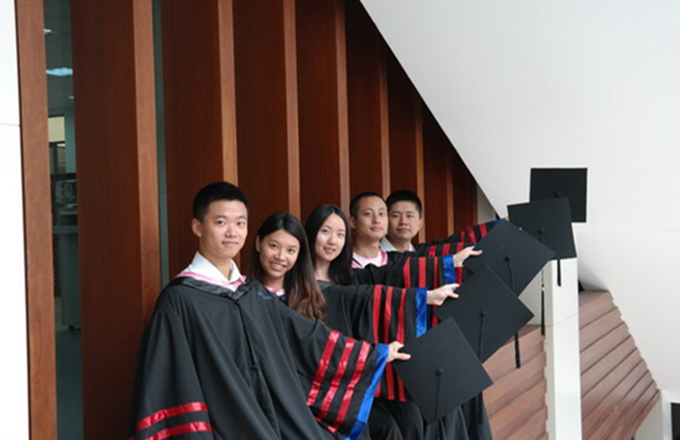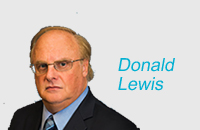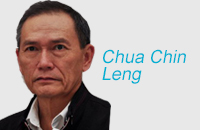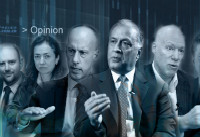The changing environment and the modern farming
By Marcos Fava Neves (chinadaily.com.cn) Updated: 2013-03-14 09:18Based on research done by our team, at least four segments of farmers can be clearly characterized in emerging farming countries like Brazil.
Conventional Farmer (COF):more small to medium size, familiar management, machinery for own use, owns the land, low chain integration and focus on agriculture, their major business. Were recognized entrepreneurs in the past when the business was built. Very traditional in their profile, tend to be older also in age. Within the conventional farmer we may add size of the farm and degree of technology usage.
Business Oriented Agriculture (BOA):these are more medium and large farmers, from familiar to professional management, working mostly on own and leased land and equipment, having some chain integration in trading or acquisition functions, core business is within agriculture and commercialization and are more present in non traditional agricultural areas.
Network Managing Farmers (NMF):Normally large-scale operations, with a professional management, own structure of equipment and lease to other farmers, very integrated in terms of a network perspective, providing services to other farmers. Have economies of scale in inputs, bundling seeds, crop protection, fertilizers, logistics, credit and others. Also most of these companies are becoming global farming companies, and they tend to base their expansion in long-term land leasing with lower investment in assets.
Farm Transformers and Builders (FTB):these companies or farmers are more common in agricultural frontiers. Companies that are opening new areas, transforming land not used or used for pastures towards agriculture, very large, professionally managed and really focusing in real state. So they will wait for the value increase of the land and then take the profit selling the land, probably to the network-managing farmers with the profile of land acquisition.
These are four clear segments that can be found in emerging countries agriculture with expansion of land. To understand these segments and profiles is important to build the linkages with farmers.
Based on these changes discussed above, the question to be answered is how should a company dealing, selling to or buying from farmers operate? Which ideas could be useful, what could the be the majoracts(projects) to adapt to this changing farming environment? One thing is true: a company, to operate with farmers, must have a mindset of “thinking as a farmer” and behave more “grower-centric”.
The author is professor of strategic planning and food chains at the School of Economics and Business, University of Sao Paulo, Brazil (www.favaneves.org) and international speaker. Author of 25 books published in 8 countries and in China, “The World on the Tongue”. In this article want to thank Matheus Consoli for the contributions and also Markestrat team.


The year 2016 marks my second time saying farewell to full-time motherhood and back to "normal".










